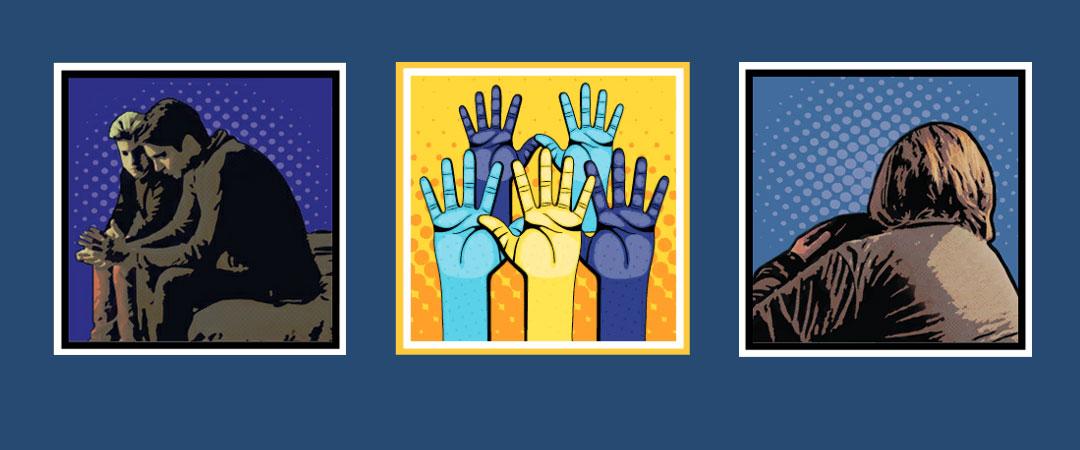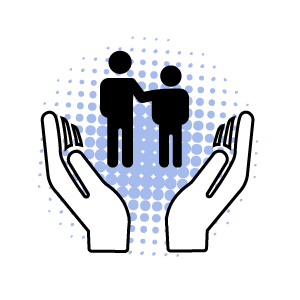If someone threatens you with sharing sexual photos or videos of you unless you send them more or pay them money, #SayNO!
Follow these steps
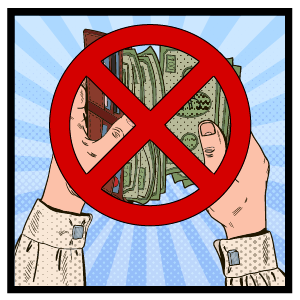
Don't share more. Don’t pay anything.
If they ask for more photos or videos, don’t send any more.
If you have already paid, check if the money has been collected.
- If yes, take note of where it was collected from.
- If no, cancel the payment – the sooner the better.
Many victims who have paid have continued to get more demands for money. In some cases, even when the demands have been met the offenders will still go on to post the explicit videos.
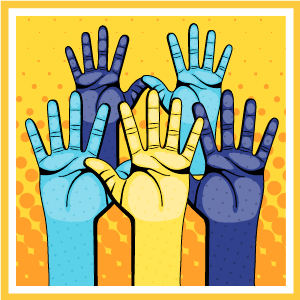
Look for help. You are not alone.
Look for an adult that you trust, or for your friends’ support. Don’t face this problem on your own. Consider talking to one or more of the following – they will be able to support you:
- Your family: parents, brothers, sisters or any other relatives
- Friends
- Friends’ parents, teachers, carers, counsellors, coach or leader of an activity group
- A helpline
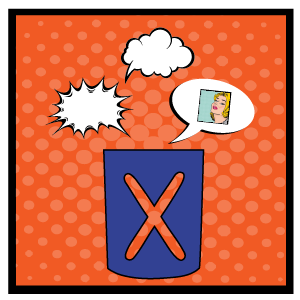
Preserve evidence. Don’t delete anything.
- Save the messages exchanged, including any photos/videos that were sent.
- Take screen shots of all your communications.
- Write down all details provided by the offenders, for example:
- The details of the online communication platform (name, user ID, URL)
- The payment site suggested and where to send the money.

Stop the communication. Block the person.
- Once you have all the evidence saved, block the person.
- Check your other chats and social media accounts in case the offender tries to contact you via one of them.
- Report it to the social media channel. Use the online reporting process. You can request to have inappropriate photos/ videos of yourself removed from social media platforms and search engines.
- Deactivate your social media account, instead of deleting it (if possible). This way, the data is preserved and will assist the police to obtain more evidence. You can reactivate it afterwards, ensuring your online memories are not lost forever.
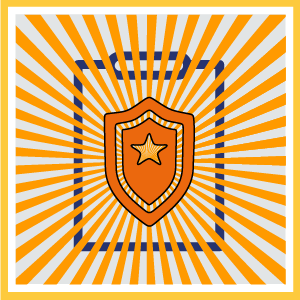
Report it to the police.
Contact your local police. They will take your case seriously, and deal with it in confidence, without judging you. Ask them for victim support, they will be able to help.
![]()
ADVICE FOR PEERS
Is your friend being extorted or coerced online?
Your friend might think there is no escape and will probably feel trapped. This is not true. There is help out there and you can help them find it:
- Talk to them about how they are feeling. Listen to them. Advise them to talk to an adult they trust.
- Advise them to report it to the police.
Whoever is doing this to your friend is committing a crime. Report it, so that the police can investigate the case and arrest the criminal.
![]()
ADVICE FOR PARENTS, TEACHERS AND CARERS
If your child, your child’s friend or someone that trusts you, is potentially a victim of online sexual coercion or extortion, there are organisations that can help.
Assess the risks:
What did they share?
- Was it a photo, video or personal information when chatting?
- Are they embarrassed by the content? If so, why?
- Could the information be used to locate them?
Was it shared with someone they have never met face-to-face?
- Find out what the child knows about the person.
- Ask if they have felt threatened or uncomfortable in any way.
If they have been asked to share sexual photos or videos, or they are being extorted for money, this is illegal and the crime should be reported to the police as soon as possible.
Was it shared with peers?
Is the child worried about what they will do with the information?
- If a schoolmate is using personal information online to bully the child, you should speak to their school urgently. If the pressure comes from a peer outside of the school environment (sports activities, a neighbour, etc.), you should approach the relevant responsible adult, for instance a trainer or parent. Depending on the nature of the case, the matter may need to be reported to the police as well.
How was it shared?
Ask how the contact started, in which platform were they first approached, and how have they been communicating with the person. Find out how many people might be able to see the content the child has shared.
Take Control. Offer your support.
The child is a victim and needs to be comforted and reassured. This is not their fault.
Follow the advice mentioned on this page and take steps to make sure they don’t become a victim again.
If you are in a position of trust, encourage the child to disclose the information to their parents and offer to be a facilitator. If possible, try to get someone else to chaperone you and make notes.
Tips to encourage the child to talk:
- Make sure they know they can trust you.
- Give them time and space and listen attentively to what they say.
- Don’t judge.
- Ask them if there is something in particular they need you to do.
- Let them know that if they would rather talk to someone else, that’s fine, and help them to arrange that conversation.



